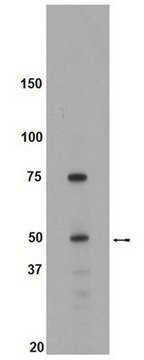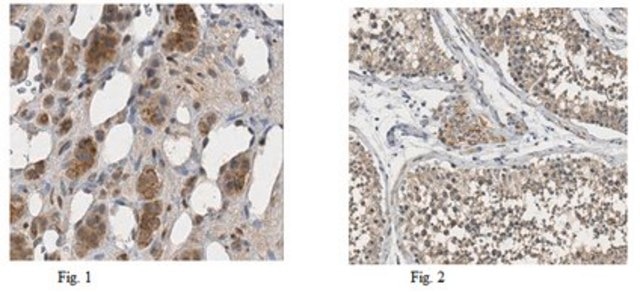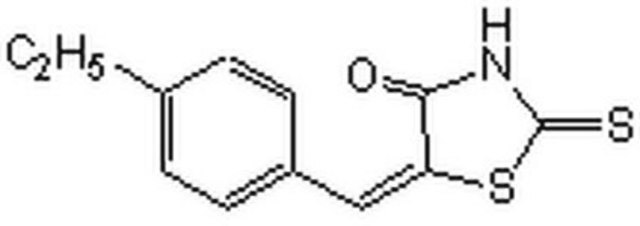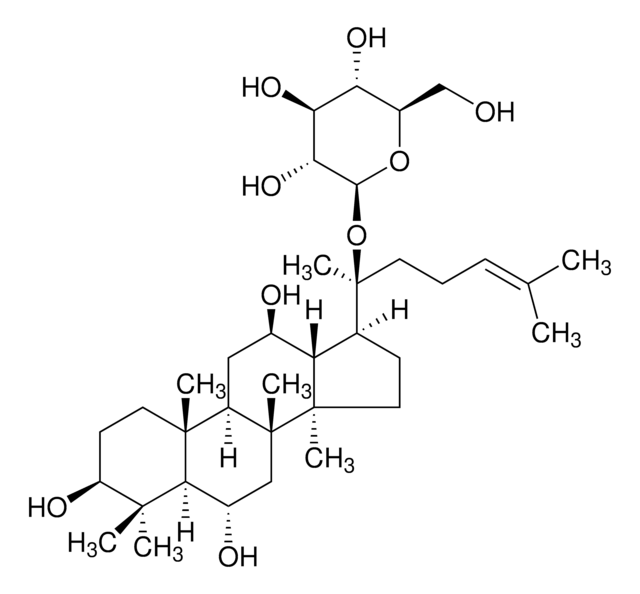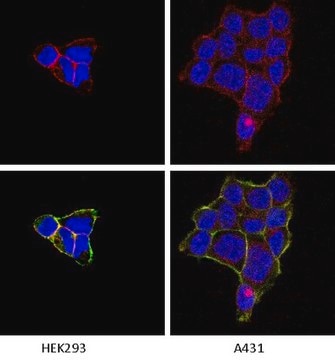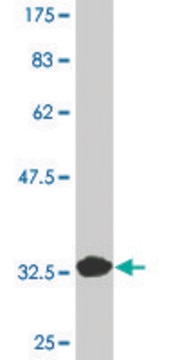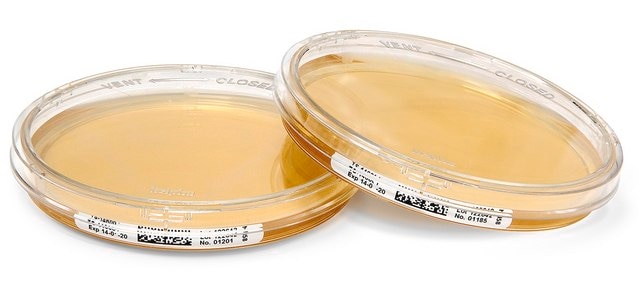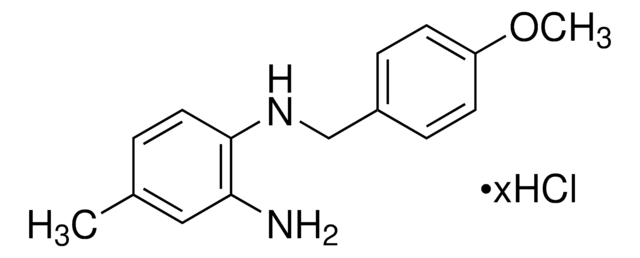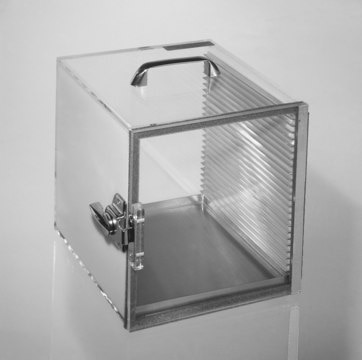MABC961M
Anti-RTN4IP1 Antibody, clone NIMP‐R14
clone NIMP‐R14, from rat
Synonym(s):
Reticulon-4-interacting protein 1, mitochondrial, NOGO-interacting mitochondrial protein
About This Item
Recommended Products
biological source
rat
Quality Level
antibody form
purified immunoglobulin
antibody product type
primary antibodies
clone
NIMP‐R14, monoclonal
species reactivity
mouse
technique(s)
flow cytometry: suitable
immunocytochemistry: suitable
immunohistochemistry: suitable (paraffin)
inhibition assay: suitable
isotype
IgG2bκ
NCBI accession no.
UniProt accession no.
shipped in
ambient
target post-translational modification
unmodified
Gene Information
mouse ... Rtn4Ip1(170728)
Related Categories
General description
Specificity
Immunogen
Application
Inhibition Analysis: A representative lot detected RTN4IP1 in Inhibition applications (Tacchini-Cottier, F., et. al. (2000). J Immunol. 165(5):2628-36; de Vries, B., et. al. (2003). J Immunol. 170(7):3883-9; Chang, H.R., et. al. (1993). J Leukoc Biol. 53(6):636-9; Mentzel, S., et. al. (1999). Kidney Int. 55(4):1335-47).
Immunohistochemistry Analysis: A 1:50 dilution from a representative lot detected RTN4IP1 in mouse lung tissue.
Immunohistochemistry Analysis: A representative lot detected RTN4IP1 in Immunohistochemistry applications (Lopez, A.F., et. al. (1984). Br J Haematol. 57(3):489-94).
Immunohistochemistry Analysis: A representative lot detected RTN4IP1 in Immunohistochemistry applications (Lopez, A.F., et. al. (1984). Br J Haematol. 57(3):489-94.; de Vries, B., et. al. (2003). J Immunol. 170(7):3883-9; Chang, H.R., et. al. (1993). J Leukoc Biol. 53(6):636-9).
Immunocytochemistry Analysis: A representative lot detected RTN4IP1 in Immunocytochemistry applications (Lopez, A.F., et. al. (1984). Br J Haematol. 57(3):489-94.; Taylor, P.R., et. al. (2014). Nat Immunol. 15(2):143-51).
Apoptosis & Cancer
Quality
Immunohistochemistry Analysis: A 1:1,000 dilution of this antibody detected RTN4IP1 in mouse spleen tissue.
Target description
Physical form
Storage and Stability
Other Notes
Disclaimer
Not finding the right product?
Try our Product Selector Tool.
Storage Class
12 - Non Combustible Liquids
wgk_germany
WGK 2
flash_point_f
Not applicable
flash_point_c
Not applicable
Certificates of Analysis (COA)
Search for Certificates of Analysis (COA) by entering the products Lot/Batch Number. Lot and Batch Numbers can be found on a product’s label following the words ‘Lot’ or ‘Batch’.
Already Own This Product?
Find documentation for the products that you have recently purchased in the Document Library.
Our team of scientists has experience in all areas of research including Life Science, Material Science, Chemical Synthesis, Chromatography, Analytical and many others.
Contact Technical Service